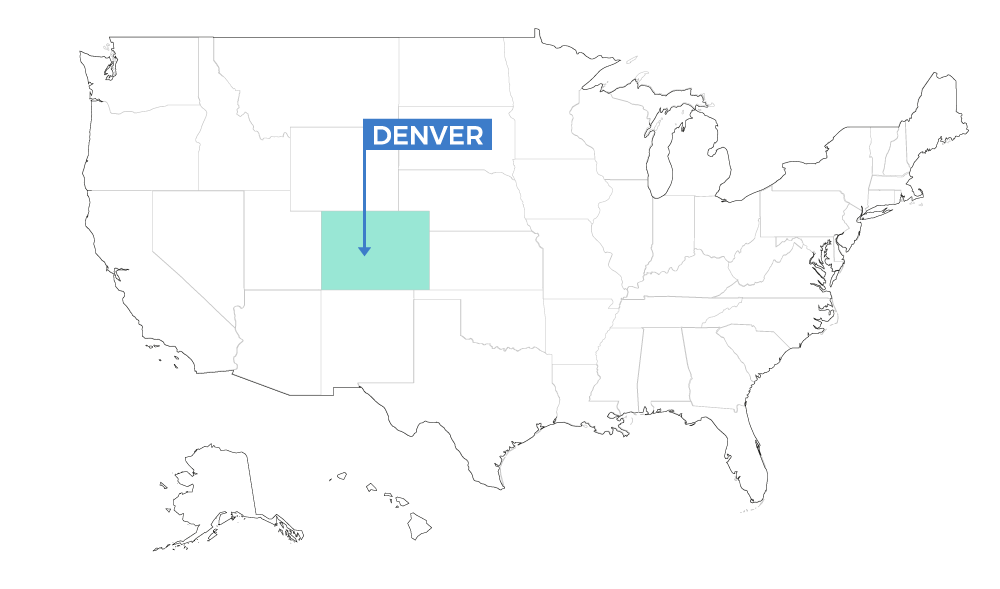
In the United States, following the sale of the transmission line (Wind Energy Transmission Texas LLC) owned by ROADIS
We maintain a local presence in several metropolitan areas where our business development team continues to explore various opportunities for new toll highway projects.
RESUMEN ANUAL / SITUACIÓN NACIONAL / SECTOR CARRETERO /

In the United States, the impacts of the COVID-19 pandemic began to emerge as early as March 2020. Several ROADIS projects were affected by this crisis; because state, regional and local authorities suspended most of their projects while assessing the possible implications of COVID-19.
However, the company has maintained a high level of activity in 2020, as it was seeking to complete its first investment in roads in the United States.
In 2020, ROADIS successfully disposed of its investments in WETT, a regulated transmission line located in Texas, with a significant return on its initial investment.
Given the limited number of public and private procurement opportunities in transport assets in 2020, ROADIS continues to focus its strategy on developing unsolicited proposals for strategic infrastructure assets in the United States.
We are also closely monitoring the potential public-private partnership opportunities being developed in California, Virginia and Georgia.
2020 was a year marked by the COVID-19 pandemic and the presidential race; Joe Biden was elected the 46th President of the United States of America. Along with the presidential elections, several seats were also decided in the Senate and the House of Representatives of the United States. The Democrats maintained a majority in the United States House of Representatives and won back control of the US Senate. The Senate Chamber is split 50-50; and it would be the vice president, Kamala Harris, who would act as a tie breaker.

On 11 March 2021, President Biden signed a stimulus and aid package for $1.9 trillion. The plan provides: direct payments to American families and companies affected by COVID-19, in addition to $350 million extra to help at state, regional and local level.
In 2021, as vaccination continues to make positive progress in the United States, the economy is showing positive signs of recovery, as the COVID-19 restrictions are relaxing and companies are reopening in most states.

With regard to the transport sector, toll revenues throughout the country decreased by 50% to 90% in 2020 due to the COVID-19 pandemic. The number of transport users also decreased by 50% to 90%. In addition, there was a long-term decline in many cities. Recent data shows that recovery is underway, with traffic volumes already close to pre-pandemic levels.
At the end of March 2021, the Biden Administration unveiled a bold infrastructure plan ("American Employment Plan" or "Biden Infrastructure Plan"), which proposes spending $2.3 trillion dollars on infrastructure, climate change, housing, water, job development, manufacturing, telecommunications and elderly care initiatives. The plan is staggered over eight years and is divided between traditional transport infrastructure (roads, bridges, public transport, airports, waterways and railways). Although infrastructure has bipartisan support, the plan is expected to provoke a heated debate between Democrats and Republicans, with an uncertain timetable for its approval. 2021 will be an important year when the proposed infrastructure plan will be refined and will provide additional details on how it will be financed. That is, higher taxes on companies (Biden's proposal), additional fees for users, etc.
Public-Private Partnerships (P3) continue to be an additional method to carry out alternative projects in the transportation and social infrastructure sectors in the United States, since they enjoy private sector capital and offer options to public sector issuers to fund major projects. However, some projects have failed or experienced risk allocation problems between the public and private sectors, which has led some sponsors to abandon the P3 market in the United States, which could hamper future growth.
Most states are continuing to explore the renewal and improvement of current infrastructure, including the extension of toll roads and managed lanes in order to address problems of congestion in their communities.
New technologies, including electric and autonomous vehicles, mobility and vehicle sharing technology, will act as a force in the traditional use of land transport. These technologies can also have a direct impact on future driving and mobility patterns.
Several states have begun 2021 launching P3 contracts that were initially delayed due to the pandemic. States such as California, Florida, Georgia, Louisiana, Pennsylvania and Virginia have P3 contracts for ongoing transportation ready to be launched.
Associations to which SBU USA belongs

AIAI

IBTTA

Aurora Chamber of Commerce
Other ROADIS projects








